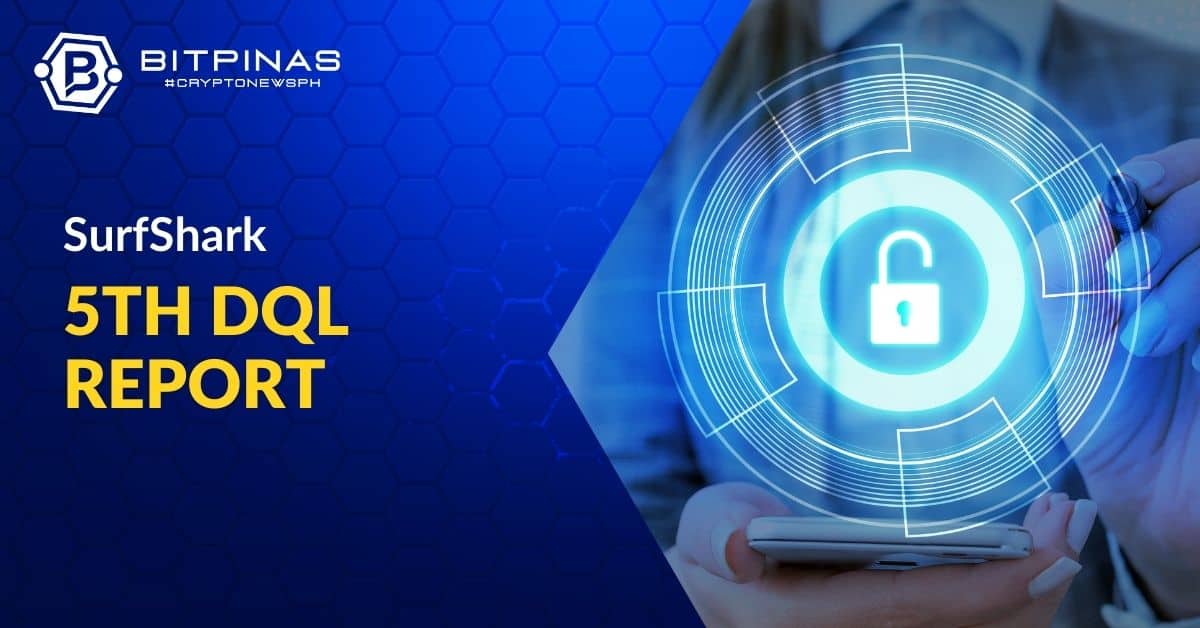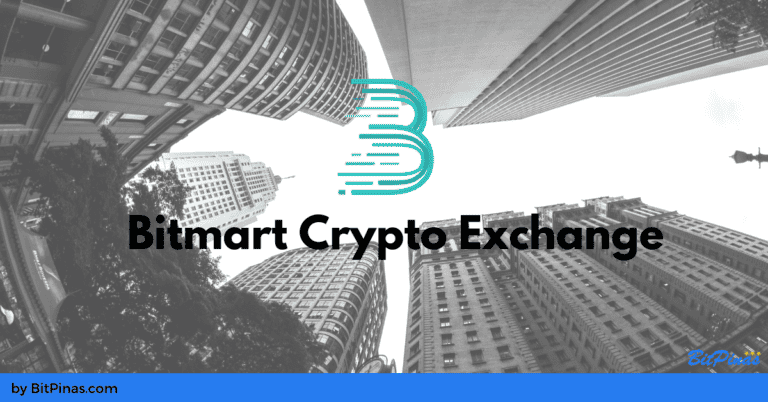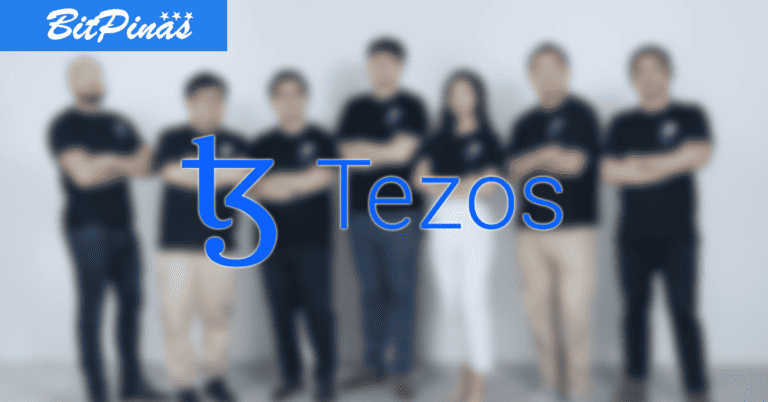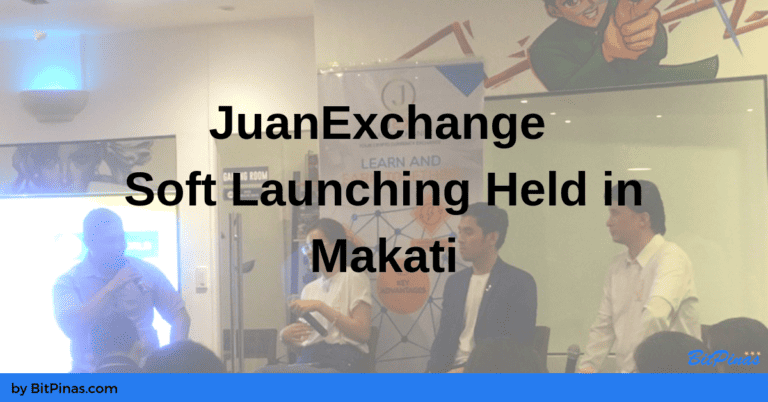Report: Philippines Ranks 45th Worldwide in E-Security
Learn about the Philippines’ e-security ranking, data protection laws, and internet quality in Surfshark’s Digital Quality of Life Index.

- The Philippines ranks 45th in e-security according to Surfshark’s Digital Quality of Life Index (DQL). It outperforms neighboring countries such as Indonesia and Malaysia in this category and even surpasses Singapore’s e-security ranking.
- The country has established crucial data protection laws, including the Data Privacy Act of 2012, which regulates personal data processing, and the presence of the National Privacy Commission (NPC) responsible for enforcing data protection regulations.
- In addition to e-security, the Philippines exhibits notable internet quality, with fixed internet speeds at 119 Mbps and mobile internet averaging 55 Mbps, outperforming the global average by 25%.
The Philippines ranked 45th in electronic security (e-security) in VPN service firm Surfshark’s 5th annual Digital Quality of Life Index (DQL), one place lower than its ranking last year.
E-Security in PH
SurfShark’s report measured e-security in the country by two criteria: cybersecurity and data protection.
The firm states that the e-security pillar measures a country’s preparedness to counter cybercrime, as well as the advancement of a country’s data protection laws. In this pillar, the Philippines outperforms Indonesia (61st) and Malaysia (48th).
“In the global context, the Philippines is prepared to fight against cybercrime, and the country has some data protection laws,” SurfShark said in a statement.

This statement, however, is challenged recently by numerous breaches of government and school websites:
- Philippine House of Representatives Website Hacked by “3MUSKETEERZ”
- Ransomware Hackers Demand $300k, Philhealth: No Data Leak
- Philippine Statistics Authority Issues Statement on Alleged Data Breach
As compared to other SouthEast Asian countries, the e-security in the Philippines is not far behind Malaysia, Indonesia, and Thailand. In fact, the e-security ranking of the country is even higher than Singapore that ranked 10th overall in the Digital Quality of Life.
SEA countries Brunei, Myanmar, and Timor-Leste, on the other hand, are not part of the surveyed countries.
PH E-Security Measures
The Philippines has a law called the Data Privacy Act of 2012, which regulates the processing of personal data in the country, whether by government or private sector entities. The law outlines the rights of data subjects and the obligations of data controllers and processors.
The Data Privacy Act enshrines the Data Subject Rights, which grant data subjects various rights, including the right to access their data, correct inaccuracies, object to processing, and be informed of any security breaches involving their data.
The country also has the National Privacy Commission (NPC) is the governmental body entrusted with the implementation and enforcement of data protection regulations in the Philippines. It issues directives and offers counsel to organizations to ensure their adherence to the provisions of the Data Privacy Act.
Furthermore, the Philippines has established the Cybercrime Prevention Act of 2012 (Republic Act No. 10175), serving as a pivotal legal framework aimed at addressing cybercrimes comprehensively. It encompasses a broad spectrum of offenses, including hacking, identity theft, cybersex, and online fraud, while offering clear directives for prosecution and stipulating penalties. This legislation assumes paramount importance in the fight against diverse cybercrimes within the nation.
There is also the National Cybersecurity Plan, which is dedicated to bolstering the nation’s cybersecurity resilience. This comprehensive plan focuses on safeguarding critical infrastructure and enhancing overall cybersecurity capabilities. In addition, the Department of Information and Communications Technology (DICT) plays a pivotal role in implementing this plan by spearheading the development of policies, strategies, and initiatives aimed at fortifying the security of the Philippines’ digital landscape.
Digital Quality of Life Index
The Digital Quality of Life Index (DQL) measures the quality of digital life in 121 countries based on five factors, including internet quality, internet affordability, e-security, e-infrastructure, and e-government.
According to SurfShark, the Philippines ranked 21st in internet quality, 104th in internet affordability, 45th in e-security, 54th in e-infrastructure, and 64th in e-government. It noted that the Philippines surpassed Indonesia (67th), but lagged behind Malaysia (37th) in the overall Index. In Asia, the Philippines took 17th place, with Singapore the leader in the region.
“In many nations, ‘digital quality of life’ has merged into the broader concept of overall ‘quality of life’. There’s no other way to look at it now that so many daily activities, including work, education, and leisure, are done online. That’s why it’s crucial to pinpoint the areas in which a nation’s digital quality of life thrives and where attention is needed, which is the precise purpose of the DQL Index”, says Gabriele Racaityte-Krasauske, Surfshark’s spokeswoman.
The report highlighted that the Philippines boasts internet quality that surpasses the global average by 25%. Fixed internet speed in the country stands at 119 Mbps, while mobile internet averages 55 Mbps. These figures, although considerably lower than the fastest global counterparts such as Singapore and the UAE, have shown significant year-over-year improvements, with mobile internet speed growing by 43% and fixed broadband speed by 59%. However, despite these gains, internet affordability remains a challenge for Filipinos, as they need to work substantially longer hours each month compared to many other countries to afford both fixed broadband and mobile internet services.

This article is published on BitPinas: Report: Philippines Ranks 45th Worldwide in E-Security
Disclaimer:
- Before investing in any cryptocurrency, it is essential that you carry out your own due diligence and seek appropriate professional advice about your specific position before making any financial decisions.
- BitPinas provides content for informational purposes only and does not constitute investment advice. Your actions are solely your own responsibility. This website is not responsible for any losses you may incur, nor will it claim attribution for your gains.



![[Interview] Tashi Gaming to Enable Serverless Gaming 7 [Interview] Tashi Gaming to Enable Serverless Gaming](https://bitpinas.com/wp-content/uploads/2023/12/Interview-Tashi-Gaming-to-Enable-Serverless-Gaming-768x402.png)
